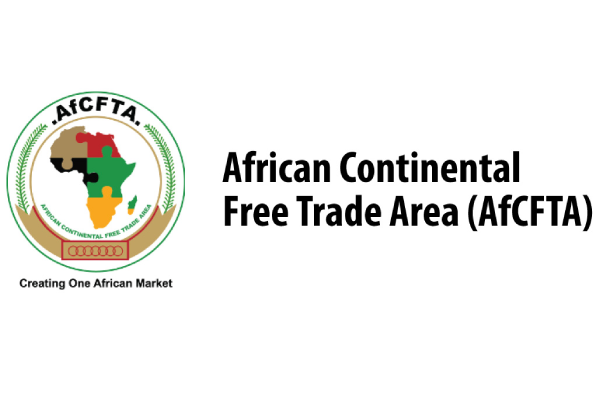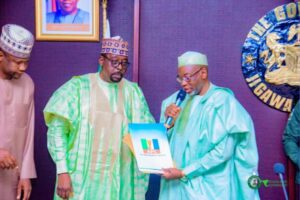The National Assembly says continuous research on different aspects of the African Continental Free Trade Area, AfCFTA, is necessary to guide policy makers, including relevant committees of the parliament.
This came to the fore at a roundtable on the impact of AfCFTA on the Nigerian Economy put together by the National Institute for Legislative and Democratic Studies, NILDS.
The African Continent adopted AfCFTA in 2018 to boost intra-African trade and promote regional development.

Member countries recognise that Intra-African trade and regional integration have huge potentials for sustainable economic development in the continent.
At a time global economies face turbulence, a gathering of experts seeks to harness available technical and non-technical resources to promote discussion on critical socio-economic issues in Africa
In a 2018 report, the United Nations agency, UNECA, said the AfCFTA has the potential of boosting intra-African trade by 52% by 2022, compared with the trade levels in 2010.
Read Also
Despite the potential continent-wide benefits of the AfCFTA, the effects on individual economies vary from one country to another.
Section 12 of the 1999 Constitution, as amended, empowers the National Assembly to domesticate any international agreement or treaty to give it legal backing in Nigeria.
The leadership of the National Assembly and other speakers stress the need for continuous research to assist in legislations that will further harness the gains of AfCFTA
The consensus among participants is that intra-african trade should be further encouraged to facilitate trade in manufacturing and industrialisation as a way of enhancing Africa’s economies, Nigeria inclusive.





